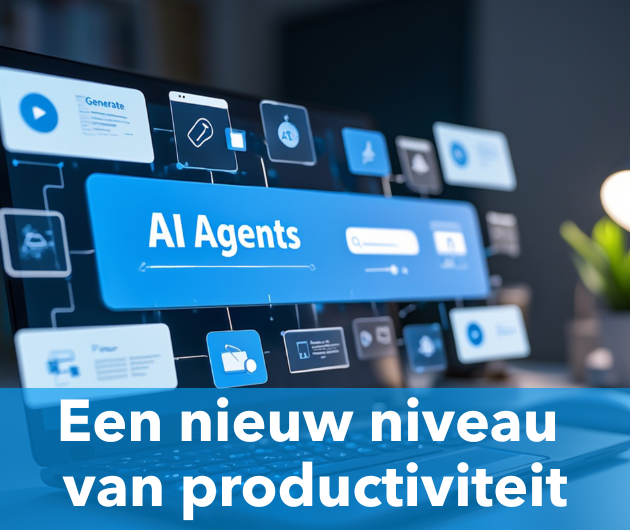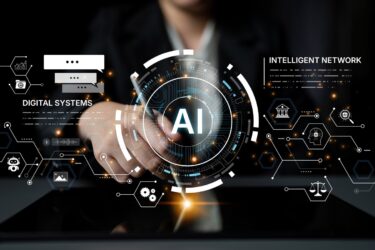I never thought that it would happen, Microsoft and Sun Microsystems agreeing to cooperate. And now Oracle is cooperating with Microsoft! These are significant events in IT because there has been considerable animosity between these giant companies in the not too distant past.
I have not detected any specific agreements between Microsoft and IBM yet, but they are often to be found these days working together on standards committees and the same is true of Hewlett-Packard and SAP. Let us not fool ourselves, all these companies are still looking out for the best interests of number one, themselves. What we are seeing is the result of significant changes in the IT industry, created by events outside the control of the individual company. All these giant corporations have prospered by exploiting proprietary tricks to keep customers entrapped; they have made noises in the past about support for standards, but in the detail they have made it difficult to migrate from one system to another.
The first change is the impact of the Internet itself, but also the Internet technology, which can also be used for in-house systems, giving opportunities for new and smaller companies to make an inroad; the growth of MySQL in the database market is a prime example. This is coupled to the trend towards Open Source Software, which is strongly biased towards standards and inter-working. The big boys can’t ignore this trend and they are all falling over themselves to find ways to make money out of OSS products; it is IBM of all people who have made the most of OSS with judicious support for some products, e.g. Linux, which sells other IBM products, e.g. hardware, support, DB/2, WebSphere, etc. The worst effected are Microsoft and Oracle. This doesn’t mean that their immediate future is in any danger, but they also need to find ways to exploit the new products.
The third influence is the growth of the third world, particularly India and China, as IT developers and consumers. In the first instance they provide low-cost sources of technically skilled labour, which can be exploited with off-shore outsourcing. Initially this focused on a form of body shopping, but now many companies have set up research and development facilities in these countries. This is OK in the short term, but it will inevitably lead to a growth in demand for the use of IT locally; these developing countries are not going to pay Microsoft’s prices when they can get OSS products for nothing. Since so much software in the developing countries is not legally purchased, there is an argument that says that Microsoft Office is all too often cheaper than OSS, so why bother use anything else? This is a huge dilemma for Microsoft in particular, but all software companies to some degree. But in the end they will lose, because these countries will wish to create their own products, inevitably OSS based, which they will then try to sell into the rest of the world, at significantly lower prices.
In conclusion then it is imperative that software houses that have traditionally been at loggerheads must now look towards cooperating with each other against the new world. The irony of this is that the antagonism has been largely on a personal basis as egomaniacs like Gates, Ellison and McNeely vie to be the richest and most powerful man in the IT industry. It isn’t so surprising that IBM and H-P are having fewer problems with OSS. Which ever way it goes, it should be to the advantage of the over exploited user community!< BR>
Martin Healey, pioneer development Intel-based computers en c/s-architecture. Director of a number of IT specialist companies and an Emeritus Professor of the University of Wales.








